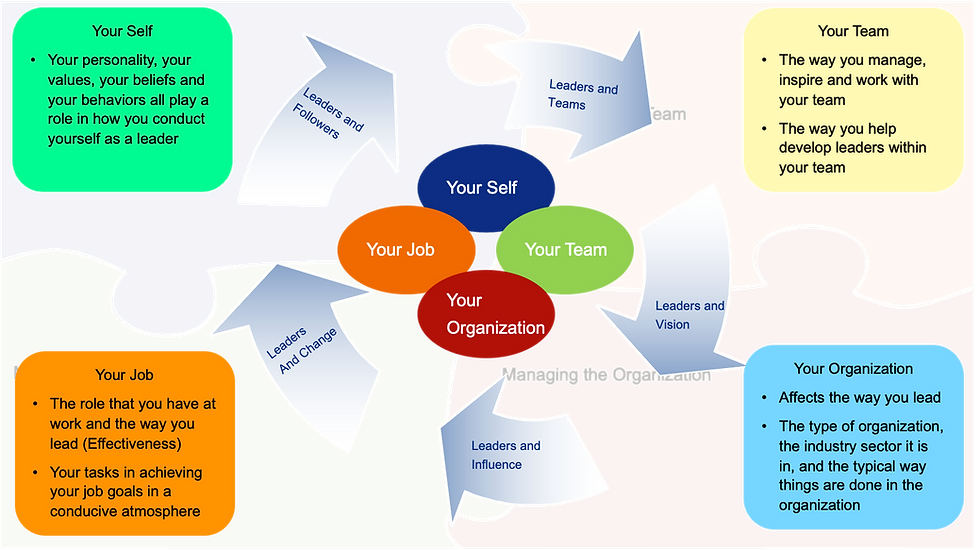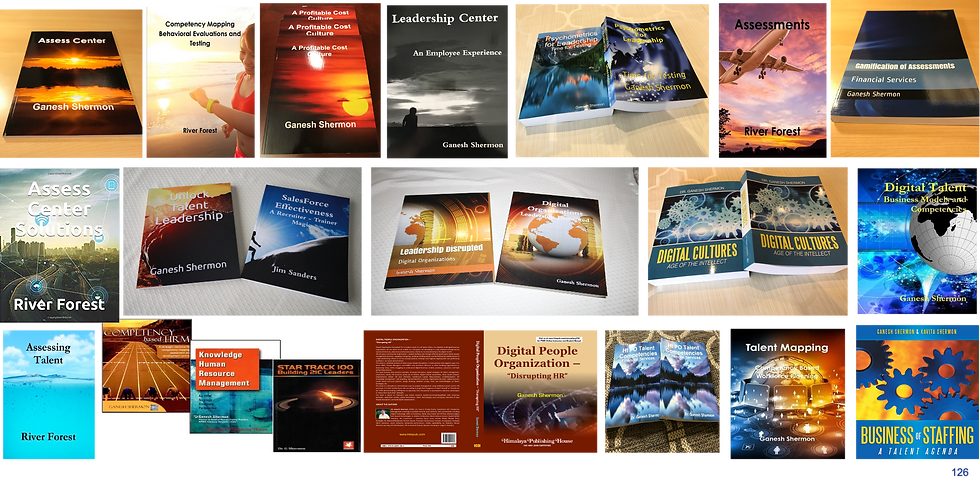MODULE 00 - RIVERFOREST BUSINESS COACHING
- Kavita Shermon
- Nov 17, 2024
- 4 min read
Updated: Mar 26

Business Coaching Makes a Difference
A series of processes whereby an experienced person (coach or coach) facilitates the development of a less-experienced colleague (coachee or protégé)
“...Coaching is about clearing roadblocks, unlocking potential and filling gaps between where employees are and where they would like to be…”– KPMG People Resources
”Nine in 10 executives believe coaching to be worth their time and dollars. The average return was more than $5 for each $1 spent." -- Manchester survey of 140 companies, The Denver Post,
How does a Coach Help?
Coaching and mentoring
Kinds of Executive Coaching
Coaching and Mentoring share many similarities so it makes sense to outline the common things coaches and mentors do whether the services are offered in a paid (professional) or unpaid (philanthropic) role.
Our firm would facilitate the exploration of needs, motivations, desires, skills and thought processes to assist the individual in making real, lasting change to help you lead your business.
This is done by using questioning techniques to facilitate your own thought processes in order to identify solutions and actions rather than takes a wholly directive approach. Our approach requires supporting the client in setting appropriate goals and methods of assessing progress in relation to these goals.
Coaching Process
This includes observing, listening and asking questions to understand the client's situation. Our specialists will creatively apply tools and techniques which may include one-to-one training, facilitating, counseling & networking. Encourage a commitment to action and the development of lasting personal growth & change. Maintain unconditional positive regard for the client, which means that the coach is at all times supportive and non-judgmental of the client, their views, lifestyle, and aspirations.
Methodology - RiverForest’s Four Forces Model© of executive coaching focuses on all aspects of leadership development.
Coaching Values
Ensure that learners develop personal competencies and do not develop unhealthy dependencies on the coaching or mentoring relationship.
Evaluate the outcomes of the process, using objective measures wherever possible to ensure the relationship is successful and the client is achieving their personal goals.
Encourage learners to continually improve competencies and to develop new developmental alliances where necessary to achieve their goals.
Work within their area of personal competence.
Possess qualifications and experience in the areas that skills-transfer coaching is offered.
Manage the relationship to ensure the client receives the appropriate level of service and that programmers are neither too short, nor too long.
Coaching Principles for Leadership Development
Leaders understand themselves, their colleagues and the organizational dynamics better, allowing more effective and productive relations to occur.
Leaders typically report greater clarity of vision
A Greater direction in relation to their current job role and future career path.
Shift from purely operational into a more strategic mode.
Attitude and behaviors shifted to be more aligned with the preferred management style and working relationships are enhanced.
When all the members of a team are coached or mentored there is a resulting shift towards greater efficiency and effectiveness.
Team attitudes to team tasks are more focused,
Healthy conflict is exhibited and the group functions on a more creative level.
Greater Organizational Alignment
Change and learning - More likely to become a way of life. Detailed Four Force Model © - 8 Modules and 40 Behaviors to Learn. Select Behaviors and Modules that you wish to focus for your own IDP and learning.
Mentoring Consolidates Learning
Mentoring is the complex and developmental process which mentors use to support and guide their protégé through the necessary early career transitions which are a part of learning how to be an effective, reflective educator and a career-long learner.
Competency Development
On the basis of the development centre reports, coachee, internal mentor and the external coach will jointly identify one critical competency from each of the four clusters on the basis of which action learning projects are identified
Coaching requires an extensive use of Exercises, tools, games, Psychometric Tests to scientifically measure and help capability development
Mentoring is not counseling.
It is guidance in the form of teaching and support provided by someone you trust, usually a teacher, a parent or relative, a supervisor, or a counselor.
Coaching | Mentoring | Counseling | Consulting |
Based on results and outcomes | Based on process and relationships | Based on feelings and emotions | Based on improvement and efficiency |
Relationship is often finite and short-term (3-12 months) | Relationship is often long-term, on-going (1-2 years) | Relationship is often long-term, on-going (1-2 years) | Relationship is often finite and short-term (3-12 months) |
Relationship is a partner-approach | A mentor is usually higher in the organizational hierarchy | A counselor is generally an external professionally trained individual focusing on therapeutic approach for personal as well as professional development | Consultants are hired either as a means of "outsourcing" specific functions or to access knowledge and expertise not generally available within the company |
Coaches are most often formally trained in coaching | Mentors are not necessarily formally trained. They rely on their experience | Counsellor are most often formally trained in counseling | Consultants may or may not be formally trained. |
Other stakeholders are involved | Other stakeholders are rarely involved | No other stakeholders are involved | Other stakeholders are sometimes involved |
"A mentor is an adult who, along with parents, provides young people with support, counsel, friendship, reinforcement and constructive example. Mentors are good listeners, people who care, people who want to help young people bring out strengths that are already there".
Coaching Methods
Select Publications from RiverForest Group










Comments